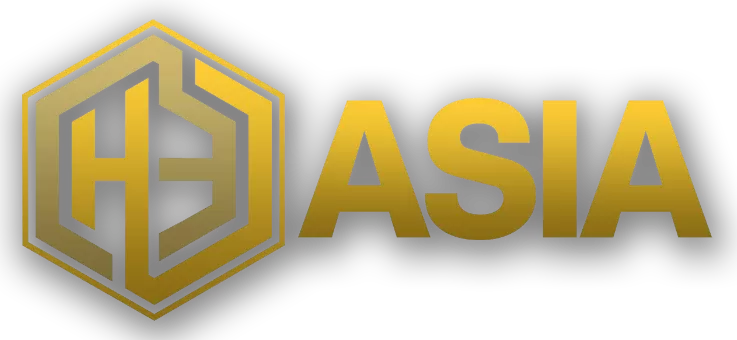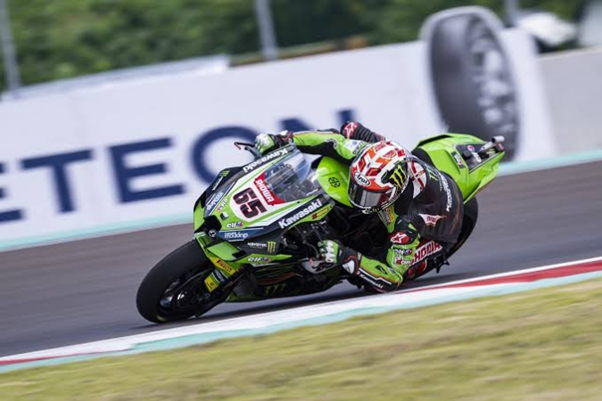In the world of motorcycle racing, MotoGP stands as the pinnacle of two-wheeled competition. With its high-speed battles and adrenaline-fueled overtakes, it captivates fans around the globe.
However, one notable absence from the MotoGP grid is Kawasaki, a brand known for its powerful and innovative motorcycles.
Kawasaki has a rich history in motorcycle racing. In the 1970s and 1980s, the brand achieved significant success in various racing disciplines.
Kawasaki’s iconic green machines made their mark in road racing, motocross, and endurance events, earning numerous championships and accolades along the way.
In 2002, Kawasaki made a highly anticipated return to the premier class of motorcycle racing, MotoGP. With their Ninja ZX-RR prototype, Kawasaki aimed to challenge the likes of Honda, Yamaha, and Ducati.
However, despite some promising performances, the team struggled to consistently achieve competitive results. After the 2008 season, Kawasaki decided to withdraw from MotoGP, citing financial constraints and a need to realign their racing strategy.
Factors Influencing Kawasaki’s Decision to Not Participate in MotoGP:
Financial Considerations and Cost-Benefit Analysis
Competing in MotoGP requires substantial financial investment. From the development of cutting-edge prototypes to the logistics of participating in a global championship, it can strain a manufacturer’s resources.
For Kawasaki, the cost of maintaining a competitive MotoGP presence became a determining factor in their decision to step back from the series.
Technological Challenges and Competitive Landscape
MotoGP is renowned for its fierce technical competition. Manufacturers constantly push the boundaries of engineering to gain an edge over rivals.
While Kawasaki possesses technological expertise, the intense arms race in MotoGP presented significant challenges.
Balancing performance, reliability, and innovation within the constraints of regulations can be a complex undertaking.
Strategic Focus on Other Racing Disciplines
Rather than pour all their efforts into MotoGP, Kawasaki chose to diversify their racing endeavors. The brand concentrated on disciplines where they had already seen success or held a competitive advantage.
By doing so, Kawasaki could allocate resources strategically and maintain a strong presence in other championships such as World Superbike Championship (WSBK), off-road racing, and endurance events.
Kawasaki’s decision to stay away from MotoGP has left some fans disappointed. There is a sense of longing to see Kawasaki’s green machines battling it out on the track alongside other iconic brands.







